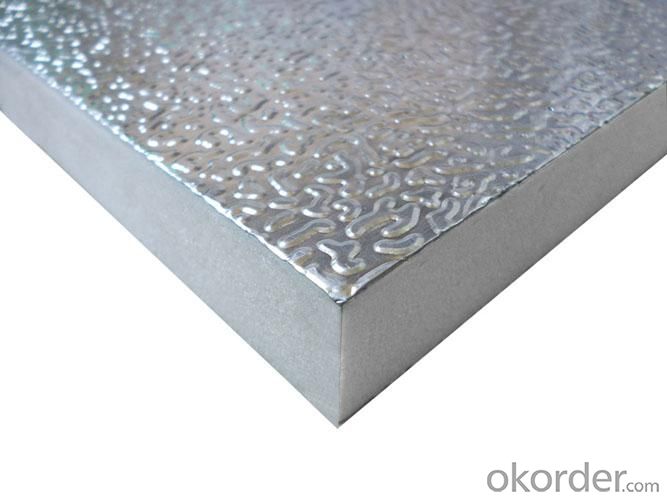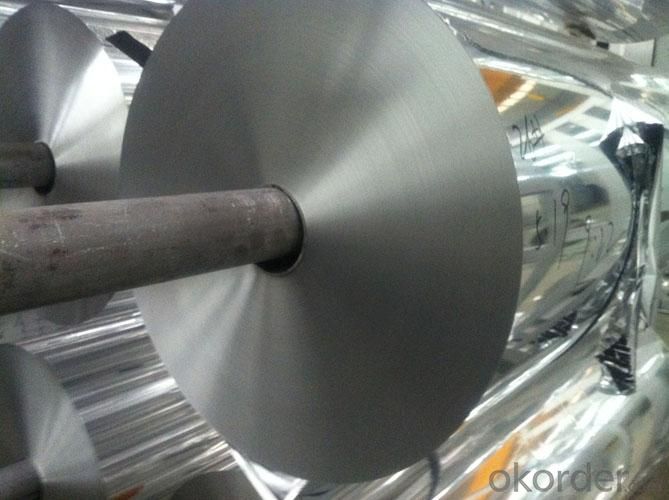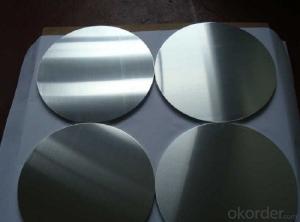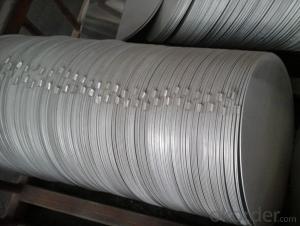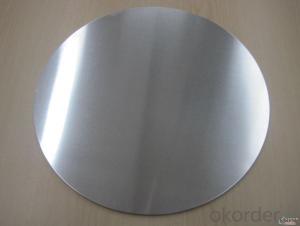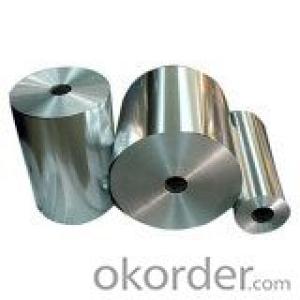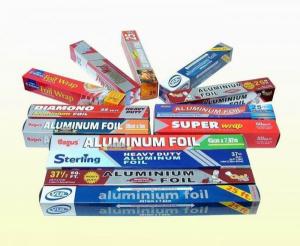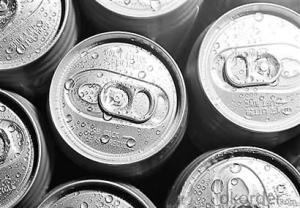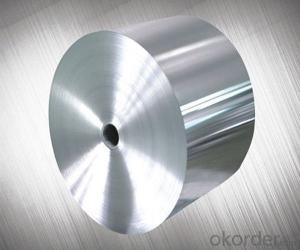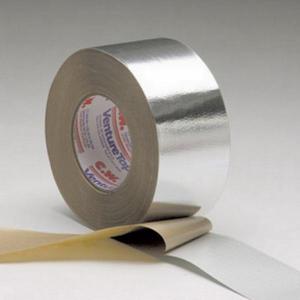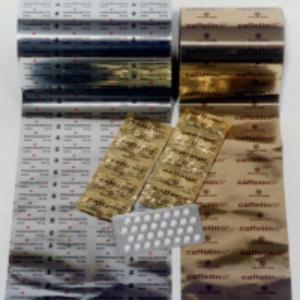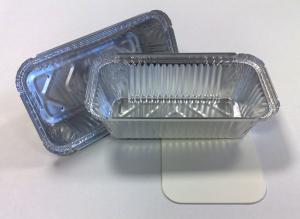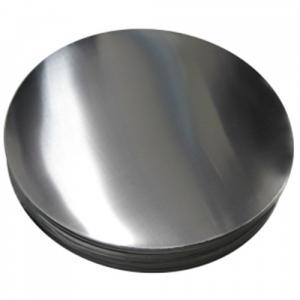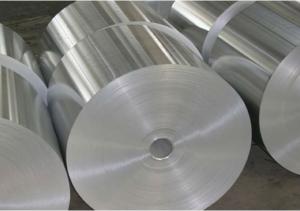Aluminum Industrial Aluminum Foil
- Loading Port:
- China Main Port
- Payment Terms:
- TT or L/C
- Min Order Qty:
- -
- Supply Capability:
- 3000 Tons Per Month m.t./month
OKorder Service Pledge
OKorder Financial Service
You Might Also Like
Quick details of Aluminum foil for Industrial
|
Application: |
For building insulation, ducting pipe |
|
Alloy: |
1050/1100/8011 |
|
Temper: |
O |
|
Thickness: |
0.01mm-0.2mm (±8%) |
|
Width: |
200mm-1650mm (±1mm) |
|
Mechanical Properties: |
Tensile Strength(U.T.S)≥40MPA, Elongation≥1% |
|
Standard: |
GB/T3198 / ASTM-B209 / EN546 |
Usage/Application of Aluminum foil for Industrial
For building insulation, ducting pipe
Packaging & Delivery of Aluminum foil for Industrial
Packing: seaworthy wooden box with pallet
Delivery: to be loaded by 1 x 20 feet container
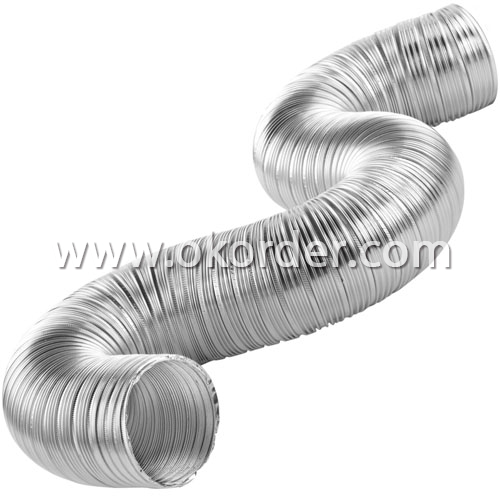
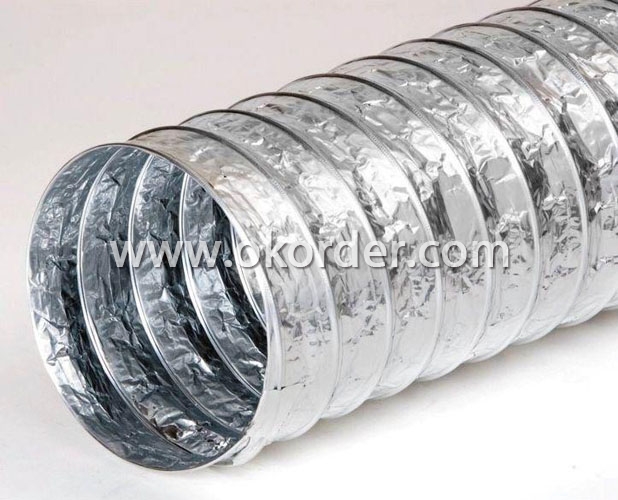
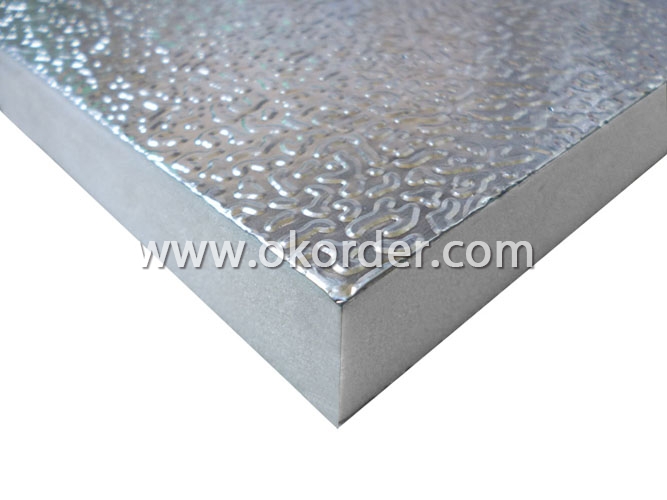
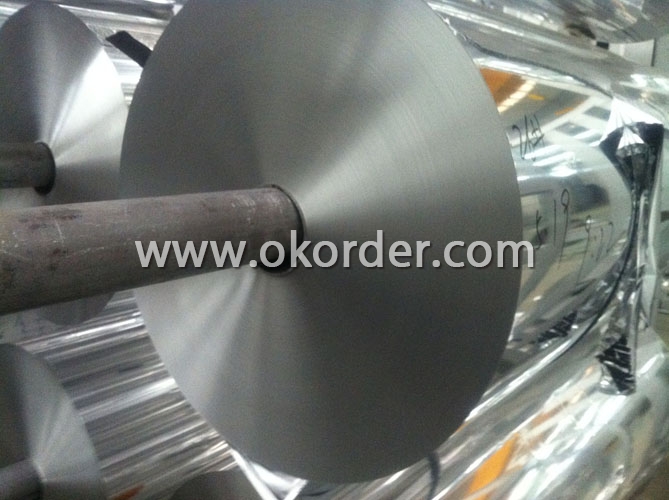
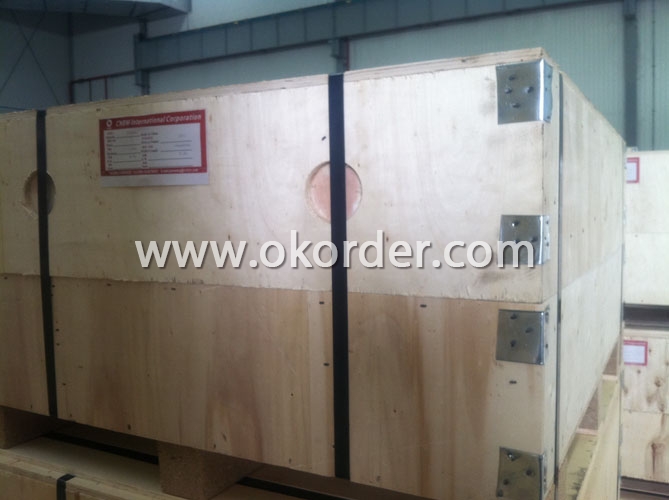
- Q: This question asks for typical applications of aluminum foil in everyday life.
- <p>Aluminum foil is commonly used for food storage and preservation, as it can be wrapped around food to keep it fresh. It's also widely used in cooking, particularly for baking and roasting, to prevent food from sticking to pans or to seal in moisture and flavor. Beyond culinary uses, aluminum foil is employed in arts and crafts for creating 3D structures or as a reflective surface. It's also used in insulation, as a barrier in construction, and for packing and wrapping items to protect them during shipping. Additionally, aluminum foil is utilized in various industrial processes due to its heat resistance and malleability.</p>
- Q: Is it possible to use aluminum foil as a substitute for a non-stick surface when cooking eggs in a frying pan?
- <p>While it is technically possible to use aluminum foil to cook eggs in a frying pan, it is not recommended. Aluminum foil can stick to the eggs and make them difficult to remove without breaking. Additionally, aluminum foil can tear or puncture easily, leading to hot oil spills and potential safety hazards. It's better to use a non-stick pan or a well-seasoned cast iron pan for cooking eggs to ensure easy release and even cooking.</p>
- Q: What are the potential dangers of utilizing high-purity aluminum powders in industrial settings?
- <p>Yes, there are risks associated with using high-purity aluminum powders in manufacturing processes. These powders can be highly reactive, especially when in fine particle form, and pose a risk of dust explosions if they come into contact with an ignition source. Additionally, aluminum dust can be a respiratory hazard, potentially causing health issues if inhaled. Proper handling, storage, and safety measures are crucial to mitigate these risks.</p>
- Q: Is it possible to utilize aluminum in the manufacturing of medical devices like stents or implants?
- <p>Aluminum is not typically used in medical devices such as stents or implants due to its potential toxicity and lack of biocompatibility. Medical-grade materials like stainless steel, titanium, and various biocompatible polymers are preferred for their strength, durability, and ability to be safely integrated with human tissues. Aluminum can cause adverse reactions in the body, and its use in medical devices is generally avoided to prevent such complications.</p>
- Q: This question asks about the relationship between the purity of aluminum and its properties, as well as how purity influences its applications.
- <p>The purity of aluminum significantly affects its properties and uses. High-purity aluminum is soft, ductile, and has excellent electrical and thermal conductivity, making it ideal for applications like electrical wiring and heat sinks. However, its low strength limits its structural applications. To enhance its strength, aluminum is often alloyed with elements like copper, magnesium, and silicon, which increase its hardness and strength while maintaining lightness. These alloys are used in various industries, including aerospace, automotive, and construction. The purity also influences corrosion resistance; high-purity aluminum is more resistant to corrosion than its alloyed counterparts. Therefore, the choice of aluminum's purity and alloying depends on the specific requirements of the intended application.</p>
- Q: What are the typical applications for aluminum sheet metal?
- <p>Aluminum sheets are versatile and have numerous applications due to their lightweight, corrosion resistance, and strength. Some common uses include construction for roofing and siding, automotive parts such as body panels and heat sinks, packaging for food and beverages, aerospace for aircraft components, and in the manufacturing of electronic devices due to its good thermal conductivity. They are also used in signage, furniture, and various decorative applications.</p>
- Q: Is aluminum a suitable material for manufacturing electric wires and cables?
- <p>Yes, aluminum is commonly used to make electric wires and cables due to its excellent electrical conductivity, which is about 61% that of copper. It is lighter than copper and more abundant, making it cost-effective. Aluminum's high resistance to corrosion also makes it a durable choice for wiring. Despite its lower conductivity compared to copper, its lower cost and weight often make it the preferred material for power transmission lines and electrical wiring in various applications.</p>
- Q: Are aluminum alloys suitable for use in the aerospace industry?
- <p>Yes, aluminum alloys are extensively used in aerospace applications due to their high strength-to-weight ratio, corrosion resistance, and good fatigue characteristics. They are particularly favored for constructing airframes, wings, and other structural components where weight savings are critical. The alloys are also used in manufacturing engine parts and heat exchangers due to their thermal conductivity and ability to withstand high temperatures. However, the specific alloy selection depends on the particular requirements of the application, such as temperature resistance, strength, and environmental conditions.</p>
- Q: This question asks about the impact of using aluminum tools and equipment in the workplace.
- <p>Using aluminum tools and equipment in the work environment can have several effects. Firstly, it can enhance safety due to aluminum's non-magnetic and non-conductive properties, which reduce the risk of electrical hazards. Secondly, aluminum is lightweight, which can decrease fatigue for workers and improve efficiency. Additionally, its corrosion resistance means longer tool life and less frequent replacement, which can save costs. However, aluminum's lower strength compared to some other metals might limit its use in high-stress applications. Overall, the choice to use aluminum depends on balancing these factors with the specific requirements of the work environment.</p>
- Q: Exploring the possibility of using materials that are more eco-friendly than aluminum.
- <p>Yes, various alternative materials can be used that are more environmentally friendly than aluminum. These include biodegradable plastics, recycled materials, and natural fibers such as bamboo and hemp. For instance, bioplastics can be derived from renewable sources like corn starch or sugarcane, reducing the carbon footprint. Recycled materials not only reduce waste but also save energy compared to producing new materials. Natural fibers are sustainable and can be used in construction, packaging, and other applications traditionally served by aluminum. However, it's crucial to consider the specific application's requirements and the lifecycle impact of these alternatives.</p>
Send your message to us
Aluminum Industrial Aluminum Foil
- Loading Port:
- China Main Port
- Payment Terms:
- TT or L/C
- Min Order Qty:
- -
- Supply Capability:
- 3000 Tons Per Month m.t./month
OKorder Service Pledge
OKorder Financial Service
Similar products
Hot products
Hot Searches
Related keywords




